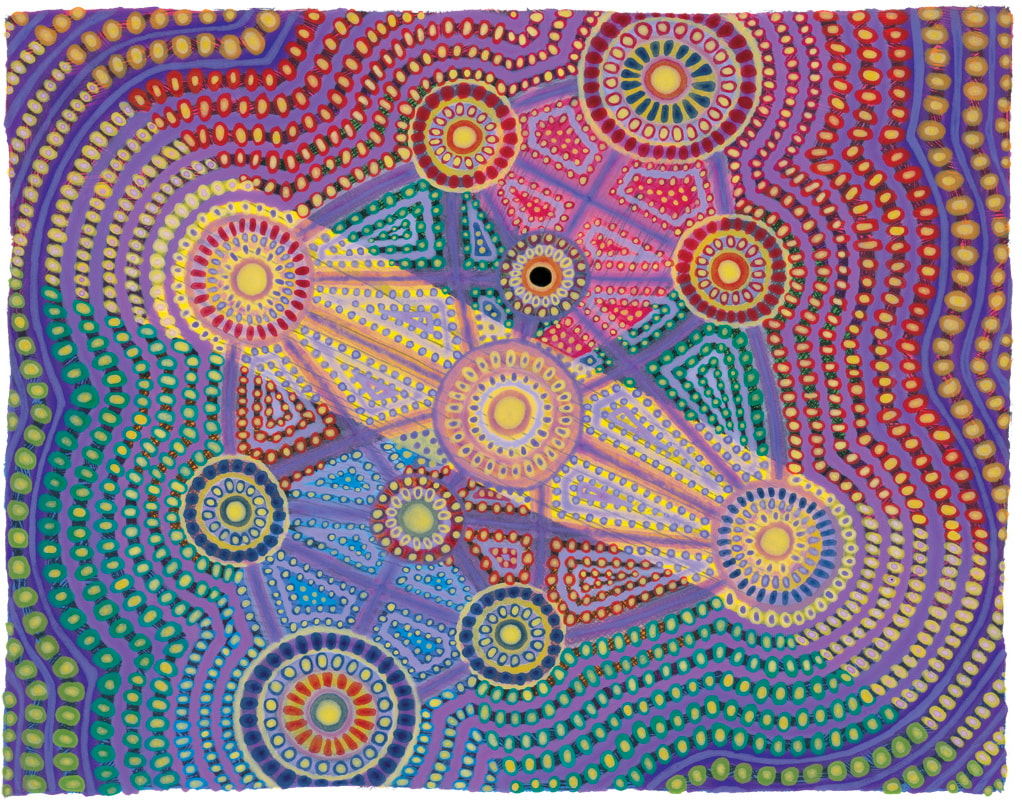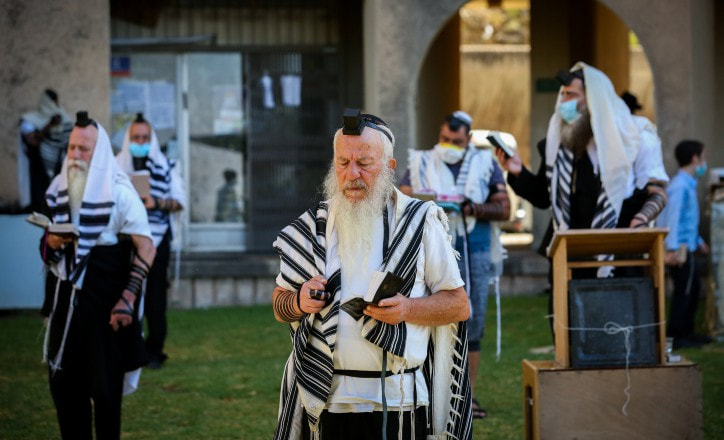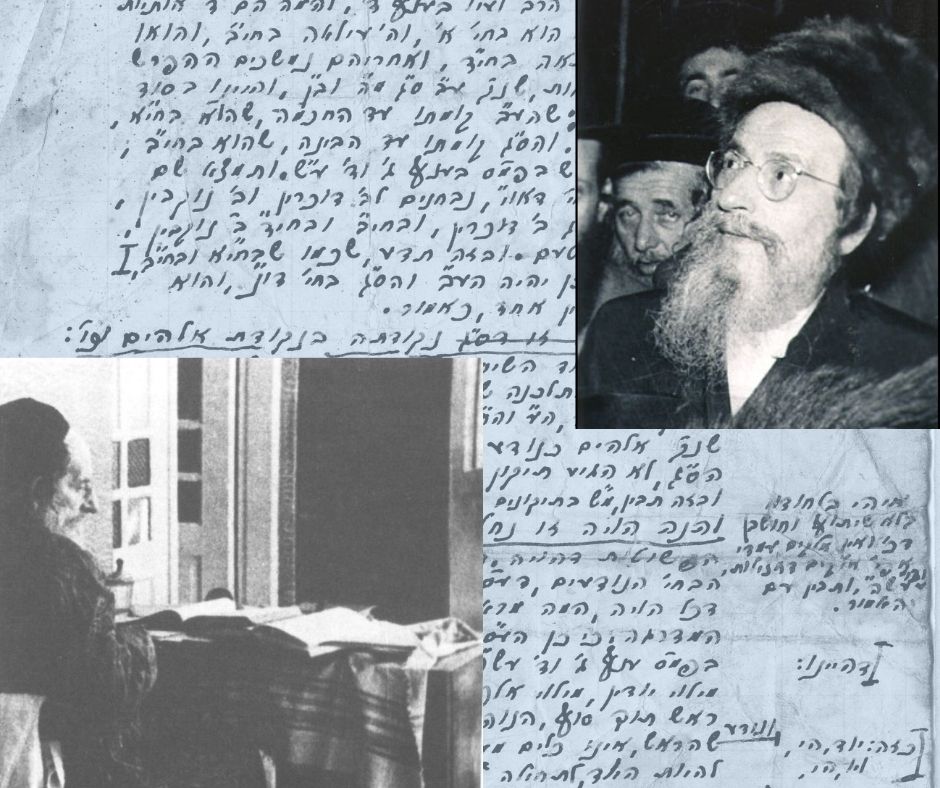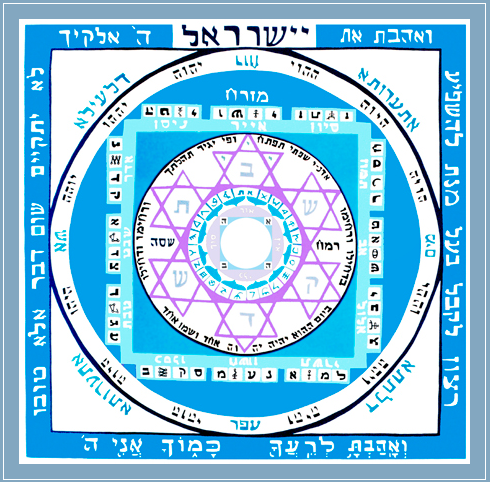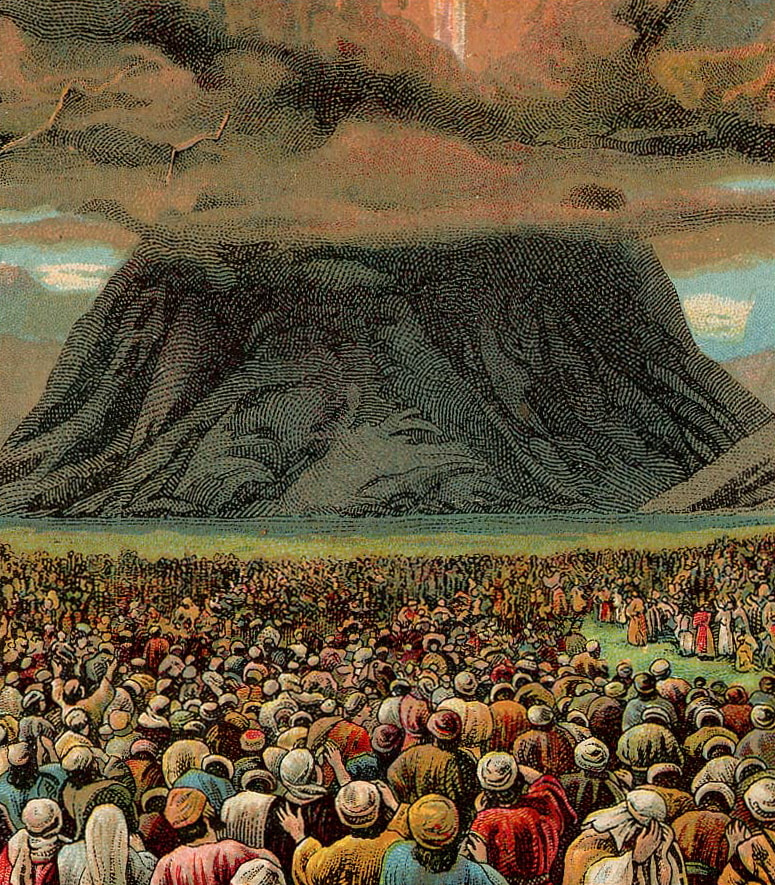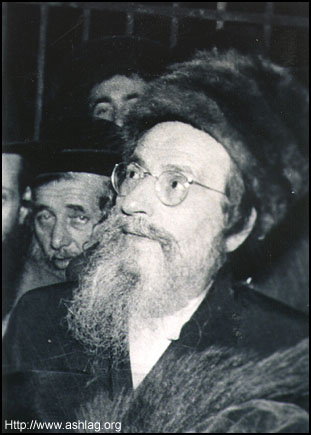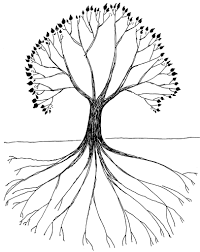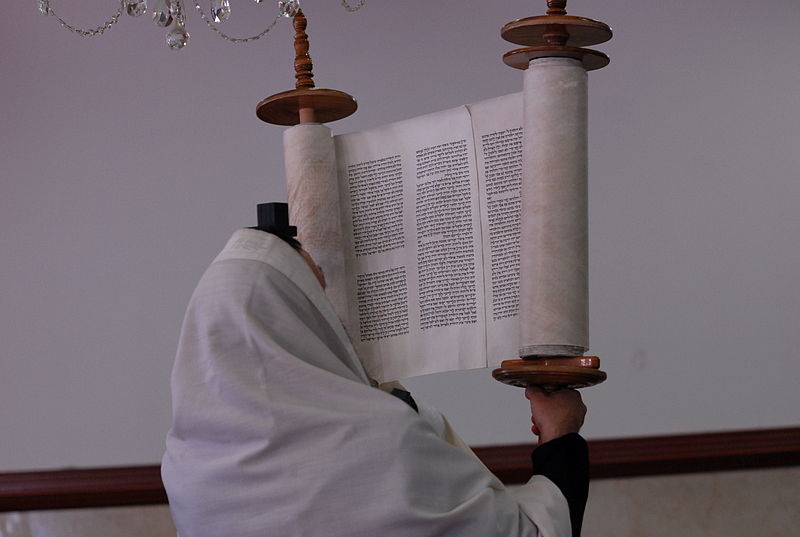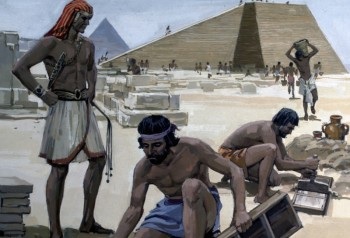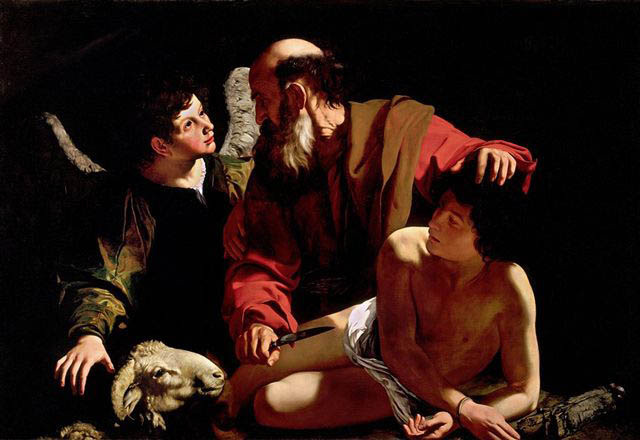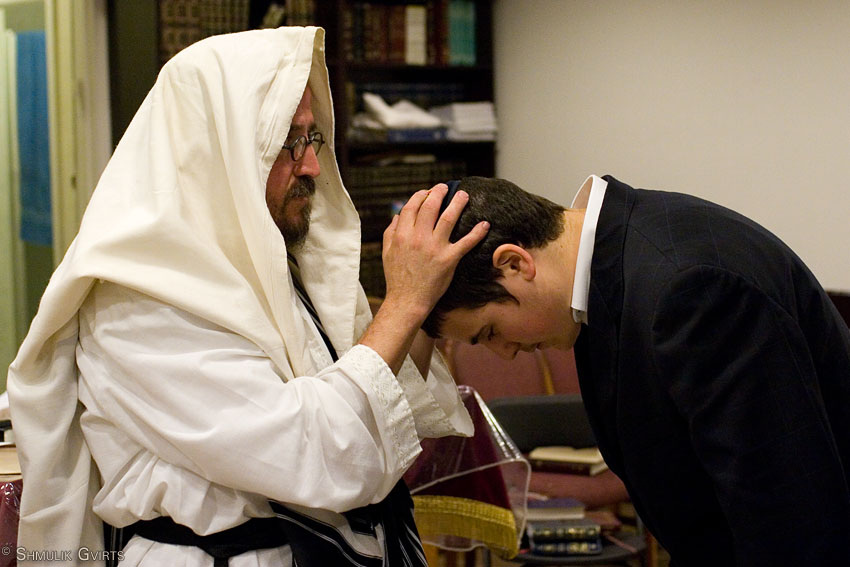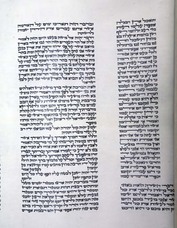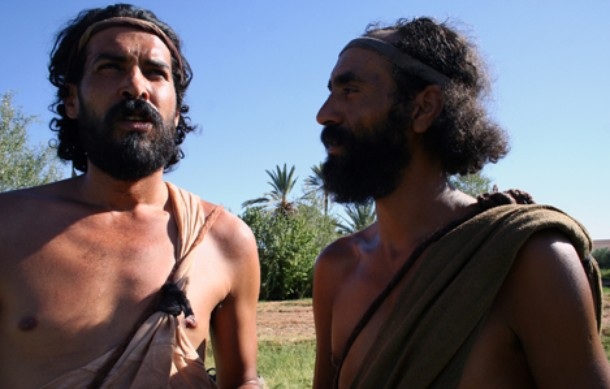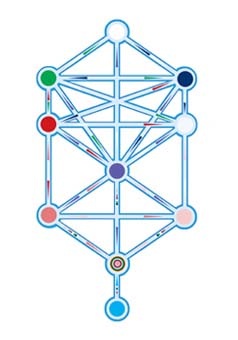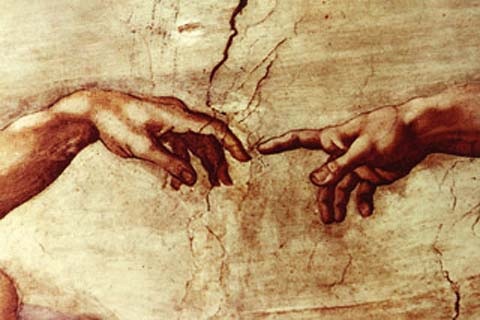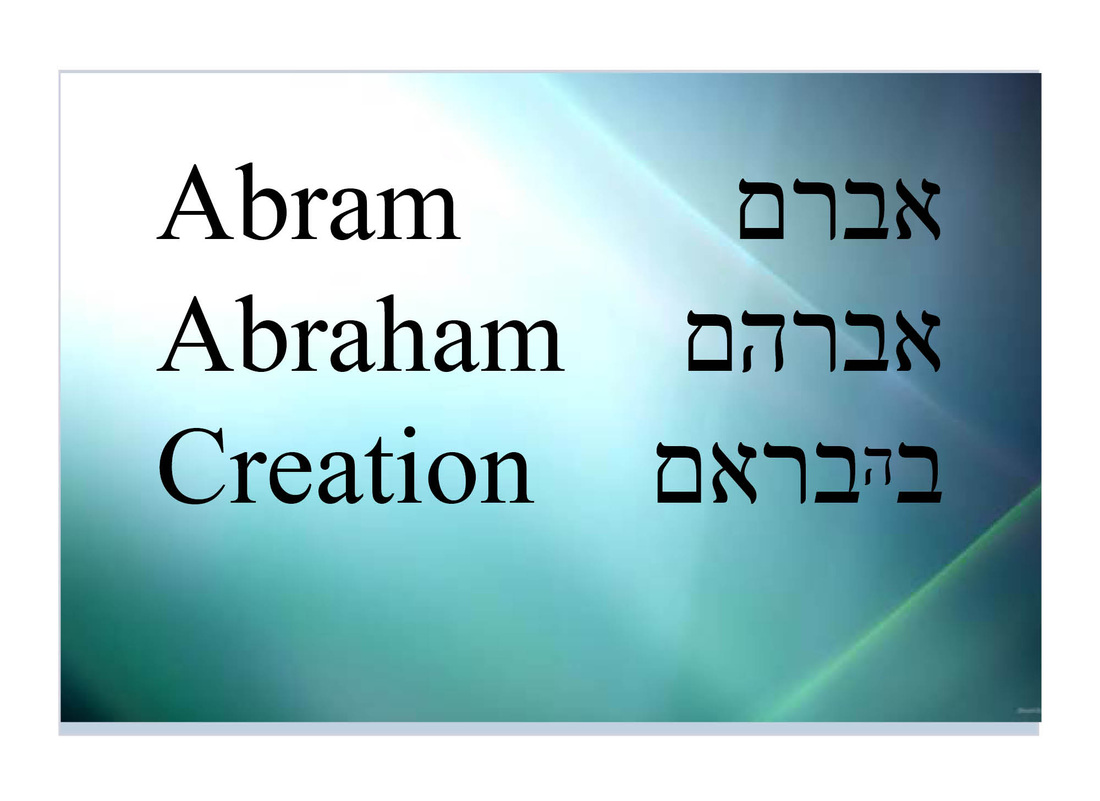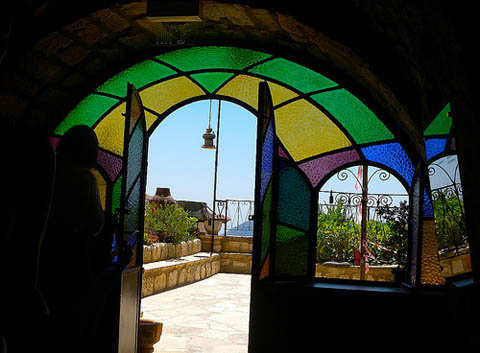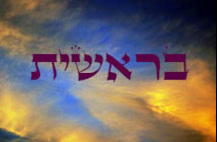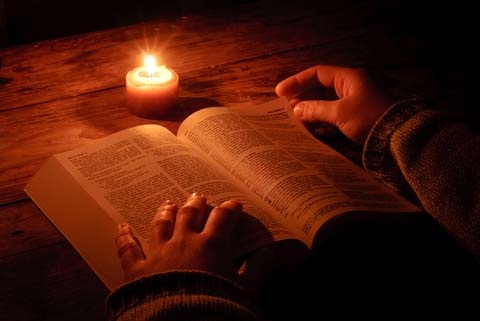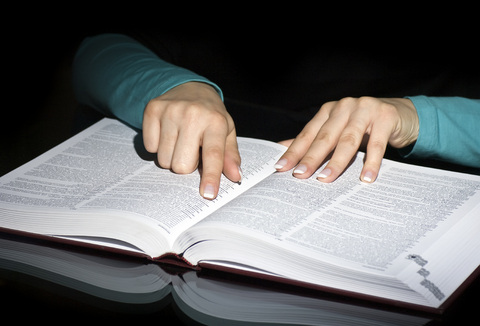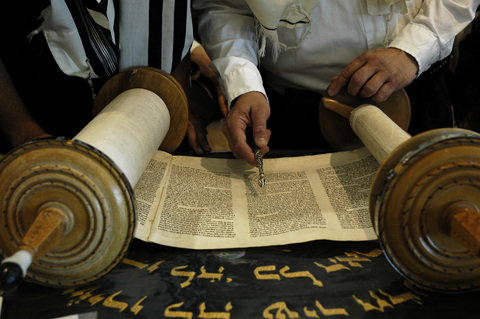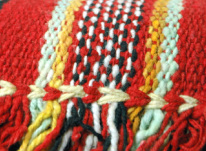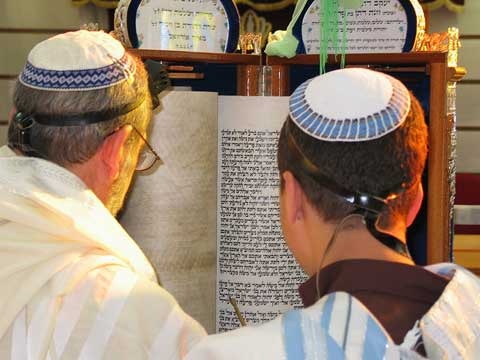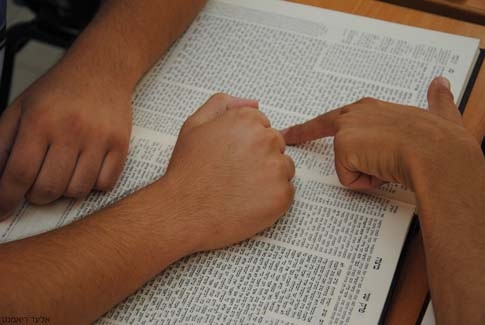Audio Talks on Learning the Kabbalah
|
What is our Essence?
Why is it important for ourselves to know what we are made of? What we really are? Can such knowledge help us live our lives in an authentic way, and not just live our lives on a superficial level? The truth is, if we don’t know which aspects of ourselves are positive, supportive to our path, and helping us to fulfill our potential, or conversely, which are holding us back and are self-destructive, we cannot know what parts of ourselves to place our focus on. Even more important, we cannot recognize our true worth and fulfill our ultimate potential if we remain ignorant of what we really are. Listen |
|
Including the Physical: The unique quality of Judaism as a spiritual path
Many people ask is Judaism a spiritual path. This is because Judaism does not resemble other religions in the way it deals with spirituality. In other religions, there is a separation between the physical world and the spiritual world. But Judaism sees the world as a whole. It sees the physical dimension of the world as being, in itself, spiritual. This wholeness is seen when we look on all aspects of the Torah as integral parts of a whole. Life itself is sacred in all its manifestations and it is through life itself that God communicates with us. Listen |
|
Getting to the Heart of the Matter: Rabbi Ashlag's Unique Contribution
Rabbi Yehudah Leib Ashlag, whose 66th yahrzeit falls on this Yom Kippur, the holiest day of the Jewish Year, not only penetrated and opened the Torah of the holy Ari and the holy Zohar but showed us the pathways of love that form the heart of Judaism. listen |
|
Why was Kabbalah concealed and why is it being revealed now?
The Sages of the Talmud wrote two thousand years ago: “In the generation of the footsteps of the Messiah, the chutzpah will grow, the cost of living will greatly increase, the vine will give of its fruit but wine will be expensive, the government will be concerned with sexual matters, there will be nobody to reprove, even the house of the sages will be a house for whores. … The wisdom of the sages will stink, those who fear sin will be despised and truth will be lacking from life. Young men will shame the elderly, and the elderly will give respect to the young. A son will despise his father, a daughter will rise up against her mother, and a daughter-in-law against her mother-in-law. The members of a person’s household will be his enemies, the face of the generation will be as the face of a dog. A son will not be ashamed before his father. On whom can we rely on? Only on our Father who is in heaven.” On the other hand, the Sages of the Zohar stated: It is in the time of the footsteps of the Messiah, this wisdom will be revealed, even to the youngest. How can we reconcile these two opposing statements? And how can the study of Kabbalah help us in these troubled times? These are questions addressed in the accompanying podcast Listen Now |
|
All the People Saw
In these weeks we read the giving of the Torah on Mount Sinai in the weekly parasha. All the root souls of the children of Israel were there. This moment of being in God’s presence, of hearing his voice indelibly changed us, both as individuals and as a people, and through us the world. What was this experience like? What did we, who were there, feel? How did we experience God’s voice? The Torah tells us the facts: and indeed they are dramatic, but to get inside the experience we need to go to the Zohar the central text of the Kabbalah. This podcast opens up that inner experience that still resonates on. Listen Now |
|
Rabbi Ashlag: What he learned when he reached dvekut with God.
One evening in 1892 in a suburb of Warsaw, a seven-year-old boy was lying in bed when, suddenly, a book fell off the bookshelf, hitting him on the head. The boy picked it up and started to examine it. His father, hearing the sound, came in, and seeing the book in his son’s hand, took it from him and replaced it on the shelf. “This is a book for angels, not for you,” said the father. But the boy argued, “If it has been printed, it must be meant for everyone.” “No,” insisted his father, “it is not for you.” But the boy’s curiosity had been aroused, and he started to study it. It was a book of the Kabbalah and its light illumined his heart. The child was Yehudah Leib Ashlag who, one day, was going to change the way we see spiritual consciousness. Listen now |
|
Root and Branch: The Language of Kabbalah When we read books of kabbalah, as for example English translations of the Zohar , or look at diagrams of the Sephirot, we often end up more puzzled than enlightened. This is because Kabbalah actually uses a specific language. As we know, every discipline has its own language. We wouldn't expect to understand a book on engineering unless we had already mastered the terms used. So why do we get so surprised when we don’t fully understand what we’re reading in the Kabbalah? Listen |
|
Torah: a Source of Balance
We have two ways of relating to the goodness that the Creator gives us: receiving or giving. But these two functions are very often mutually opposite, each feeling that its own way is the correct way, even though such function is often incomplete. But a greater harmony and balance is achieved by co-operation, thus causing a third, middle way to emerge. The Torah itself comes forth from and guides us to this middle way. Listen |
|
The fulfillment of the vision, right from the beginning!
Holding the vision of the fulfillment of Creation, when all humankind will come to full experience of the reality of the Divine, is a gift given to us every week on the Sabbath day. Can we really come to "Taste and see that God is good?" Listen now |
Jacob: a man of integrity
By learning the Kabbalah, the Sod, which deals with intentions, the intentions of God in His actions and those of our holy fathers and mothers become clearer to us. We can see their actions in a true light and use this light as a guide and a beacon within our own lives. Listen now / Download |
|
Exile followed inner descent
The Torah describes the onset of the slavery in one terse sentence, “And there arose a new King who didn’t know Joseph.” Rabbi Ashlag in a remarkable letter relates this sentence to our own inner ruler. Who are we letting govern our impulses, our thoughts and decisions? . The difference between the Hebrew word for exile Golah and for redemption Geulah is only one letter, the letter aleph, א, our connection with the One. listen now |
One of the qualities of Torah is its beauty; and its wonders, the inner beauty of a life led according to Torah.
Sometimes we hear a teaching and we feel, ” Wow, that is beautiful,” and this fills us with joy. This is not a superficial feeling but a real appreciation of the beauty of the Torah. Listen |
|
The binding of Isaac; the completion of love
The binding of Isaac known as ” the Akedah” has a pivotal place in Jewish tradition. Yet in ordinary terms it is not understandable. The Zohar teaches the inner roots of the Akedah, and then we begin to see how crucial this great act of both Avraham and Isaac was for all the Jewish people and for humanity as a whole. Listen now |
Give us the truth of Jacob
The Sages of the Zohar asked Rabbi Shimon Bar Yohai , Why did Jacob withhold giving Esau some lentil stew until he had sold him the birthright? The unspoken question is "Is that the way a righteous man behaves?!" Rabbi Shimon Bar Yohai 's answer, was decisive. Jacob was a righteous man of truth who is incapable of deceiving anyone. What was this truth of Yaakov and how does it affect us till this day? Listen |
|
A language for Revelation
The Torah is the great repository and record of our connection with the Divine. Its very words are vessels which hold within them the Divine revelation, as it was, as it is, and as it will be. Its very essence is one with the Divine. It is both the garments for the Divine, and it is one with the Divine who is clothed within it. Listen now |
Our inner Cain and our inner Abel
The story of Cain and Abel is a representation , of the conflict between the ego and the soul and how we deal with them. Listen now |
|
What is the Light, a vessel, and a Sephirah?
These definitions of the basic components of the Kabbalah: the light of the Ein Sof, which is the prime force of creation; the vessel of the Ein Sof, which is the essence of creation itself, and the very first dynamic of their interaction that gave rise to the Sephirot. Listen now |
Learning Torah for the heart’s sake
Rabbi Ibn Ezra tells us, the most important reason for learning the Torah is the tikkun of the heart. What does the term “heart” refer to? Is it simply an anatomically important vessel in the body that keeps us alive? Or is it something more? Listen now |
|
The forces within us
How can we come to receive all that God wants to give us according to the Purpose of Creation in such a way that we feel we have earned it? listen now |
The Kabbalah: the vocabulary of giving unconditionally
It is through the study of the Kabbalah that we get the tools and the inner fuel to keep going. Listen now |
|
Let us make Man!
Soul and ego,light and dark. The plurality of his nature is reflected in his creation. Yet his destiny is singular. To transform the dark within him and effect the tikkun of creation. listen now>> |
Avraham: The meaning of a name.
As the additional letter to Abram's name making it Abraham is actually made up of the same letters meaning " in the creation of" heaven and earth. What does Abraham have to do with Creation? The Zohar gives a profound answer: listen now>> |
|
Torah the voice of the soul
There is a general principle in the Kabbalah that no light may be attained without its appropriate vessel. What is the appropriate vessel though which we may appreciate the soul, that part of God within us? How can the Torah help me hear my soul? listen now>> |
Kabbalah: What is it?
In this talk we explore the meaning of the Kabbalah or as it's also known the Sodot haTorah and discover that knowledge of Holy Names, Sephirot etc. are not essential tools for understanding the Kabbalah. Relating to the inner aspect of the Torah means relating to the inner aspect of ourselves. listen now>> |
|
And God called the light "day"
"And God called the light "day" and the darkness "night"." Why did He do that? What does this mean for me? listen now>> |
The Gift of the Vision
The words that start the Bible, " In the beginning God created the heaven and earth," also imply the completion, the time of the redemption. In the Ein Sof God completed the thought of the Creation, instantly as it arose. How does this influence our daily lives. listen now>> |
|
The light of the Torah
There is a light in the Torah which leads a person back to the good way. This light is there because the essence of the Torah , the Holy Blessed One and the soul are all one. listen now>> |
Learning as Service
Our desire for knowledge is one of the greatest of all our wills to receive. Even learning the Torah, or learning the Kabbalah can be a form of receiving. Emptying ourselves and coming to it fresh, in a spirit of active listening and giving, awakens the light that is in the Torah and leads us back to our true selves. listen now |
|
Why we need authentic Kabbalah
I was looking on the internet the other day searching under the term “Kabbalah” to see what came up. What I found was the weirdest mix of stuff most of which seemed to me to be far-out and new-age. Occasionally I came across some more genuine material, But this brought me back to the question of what is authentic Kabbalah? … listen now |
Crafting the detail of our lives
If a musician playing a piece of Mozart is careful to play exactly the correct note at the correct time is he or she being obsessive or are they paying attention? Similarly, in working through the details of our lives. If we wish to make them as beautiful as a wonderful piece of music or a beautiful design on a carpet, each note we play requires attention. listen now>> |
|
The language of Halachah
Halachah is a language of action as precise as the words we speak in a sentence. It is a common language amongst Jews from all over the world and it helps us communicate within our daily lives to the higher spiritual worlds. listen now |
What the books of the Kabbalah are really about
The works of the Kabbalah are often technical with language that seems foreign to us. What are they really talking about? Why is it that purity of heart and loving-kindness help us understand the material in question, why isn't intellectual aptitude enough? listen now |
